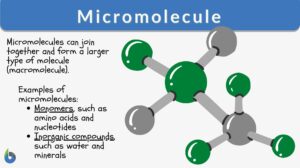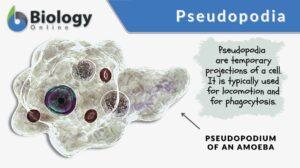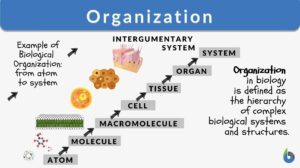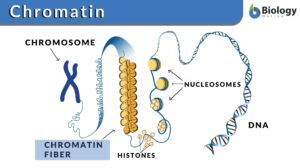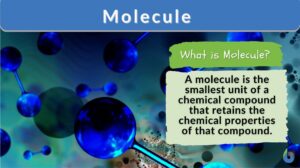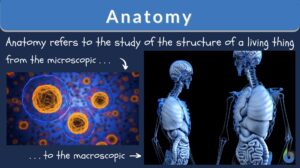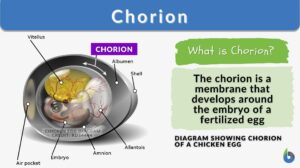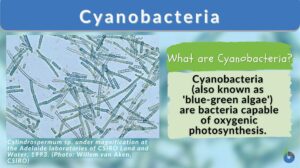Search Results for: form
Micromolecule
Micromolecules Definition How to define micromolecule? Micromolecules are relatively small molecules that are combined... Read More
Pseudopodia
A pseudopodium (plural: pseudopodia) refers to the temporary projection of the cytoplasm of a eukaryotic cell. Pseudopodia... Read More
Pathobiology of allergy and its most severe form, anaphylaxis
When allergy season looms, some people with serious hypersensitivity to allergens tend to be apprehensive of what may come.... Read More
Gram-positive endospore-forming rods
Gram-Positive Endospore-Forming Rods Definition Gram-positive endospore-forming rods are a group of rod-shaped bacteria... Read More
Light-dependent reaction
Many organisms, such as green plants, convert light energy into chemical energy through the mechanism of photosynthesis. In... Read More
Dehydration reaction
What is dehydration synthesis? A dehydration reaction is a form of biochemical reaction wherein a water molecule is lost or... Read More
Organization
Organization Definition The meaning of the term "organization" is very simple. It means the state wherein things are... Read More
Parthenogenesis
To reproduce, by definition, means to produce new offspring. The process is referred to as reproduction, which is one of the... Read More
Cellular respiration
Cellular Respiration Definition What is cellular respiration in simple terms? Cellular respiration can be defined simply as... Read More
Protein Activity and Cellular Metabolism
Protein Binding Sites The ability of various molecules and ions to bind to specific sites on the protein surface forms the... Read More
Chemical Composition of the Body
In order to fully understand the mechanisms of human physiology, it is important to have an understanding of the chemical... Read More
Nervous System
THE is the most complicated and highly organized of the various systems which make up the human body. It is the... Read More
Cell membrane
Cell Membrane Definition Just like any non-living body possesses a plastic or paper packaging material that keeps the... Read More
Metabolism
Metabolism Definition What is metabolism in the body? Metabolism encompasses the various biochemical processes, reactions,... Read More
Asexual reproduction
Asexual Reproduction Definition What is asexual reproduction? Asexual reproduction is a type of reproduction that does not... Read More
Sexual reproduction
Sexual reproduction is a mode of reproduction involving the fusion of haploid female gamete (egg cell) and haploid male... Read More
Cyanobacteria
Cyanobacteria Definition Cyanobacteria is a group of photosynthetic bacteria widely distributed in various aquatic habitats... Read More
Glycolysis
What is Glycolysis and Why is it Important? Glycolysis is a metabolic pathway by which the 6-carbon molecule of glucose is... Read More
Genetic Information and Protein Synthesis
Genetic Code Genes are sequences of DNA nucleotides that carry and transmit the information specifying amino acid sequences... Read More
Transformation
Definition noun, plural: transformations (1) The act, state or process of changing, such as in form or structure; the... Read More
Colony-forming unit
Colony Forming Unit Definition A Colony Forming Unit (CFU) in microbiology and cellular biology refers to a measure of... Read More
Form perception
Form perception The sensory discrimination of a pattern shape or... Read More
Homeostasis
Homeostasis is the tendency not to stray from the range of favorable or ideal internal conditions. Such conditions must be... Read More
Catabolism
Catabolism Definition Catabolism is the branch of the metabolic process that breaks down complex, big molecules into... Read More
